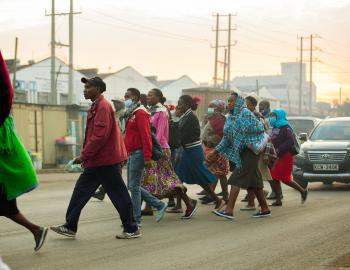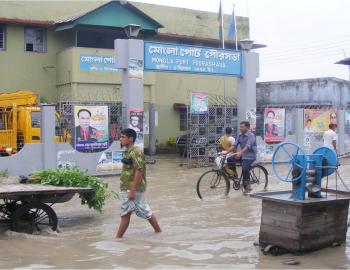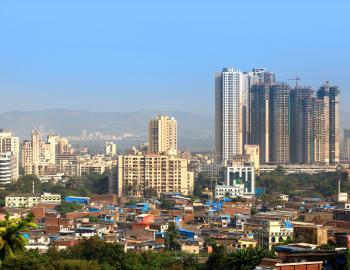WORKING PAPER: Close to home: Subnational strategies for climate compatible development
WORKING PAPER: Close to home: Subnational strategies for climate compatible development
The Climate and Development Knowledge Network (CDKN) and ICLEI – Local Governments for Sustainability are pleased to present this Working Paper, Close to home: Subnational strategies for climate compatible development, by Barbara Anton, Ali Cambray, Mairi Dupar and Astrid Westerlind-Wigstroem with Elizabeth Gogoi.
The authors explore the many successful strategies and measures for climate resilience and low carbon development that communities and leaders have pursued at the subnational level. They draw on the rich and practical experiences of CDKN’s project partners and the broader ICLEI network.
They argue that the battle for climate compatible development will be won or lost in provinces, districts and cities. There are distinct challenges at subnational level– for example, future climate data for local and subnational levels is more uncertain than at larger scales, and subnational decision-makers face intense local pressure to act on the negative impacts of climate extremes and disasters. There are also unique opportunities. Subnational decision-makers often have a sound understanding of climate trends in their area, based on first-hand experience and local and indigenous knowledge. They have a good sense of solutions that are effective in the local context and they have the ability to mobilise local resources for implementation, including people’s time and knowledge.
Effective strategies for subnational climate compatible development respond to these challenges and build on these opportunities. Such strategies:
● use flexible modes of decision-making available at the subnational level to go beyond national mandates for climate compatible development and to innovate solutions.
● raise the awareness of climate ‘champions’ in subnational government and bolster their climate leadership.
● build a strong case for action through effective, locally relevant communications about climate change impacts and the benefits of low-carbon, climate-resilient development.
● mobilise local expertise and support including in-kind resources, and forge alliances among civil society, businesses, researchers (including climate scientists), government decision-makers and civil servants.
● secure additional resources from outside the locality where necessary.
CDKN’s and ICLEI’s programme experience demonstrates that these strategies yield promising results at the subnational level. However, the scale of the global climate challenge is huge. Alone, individual subnational initiatives do not achieve enough. It will take a global transformation in the way that society approaches development if we are to achieve a low-carbon, climate-resilient future. Successful subnational climate compatible strategies must be rapidly scaled up and scaled out to meet this challenge.



